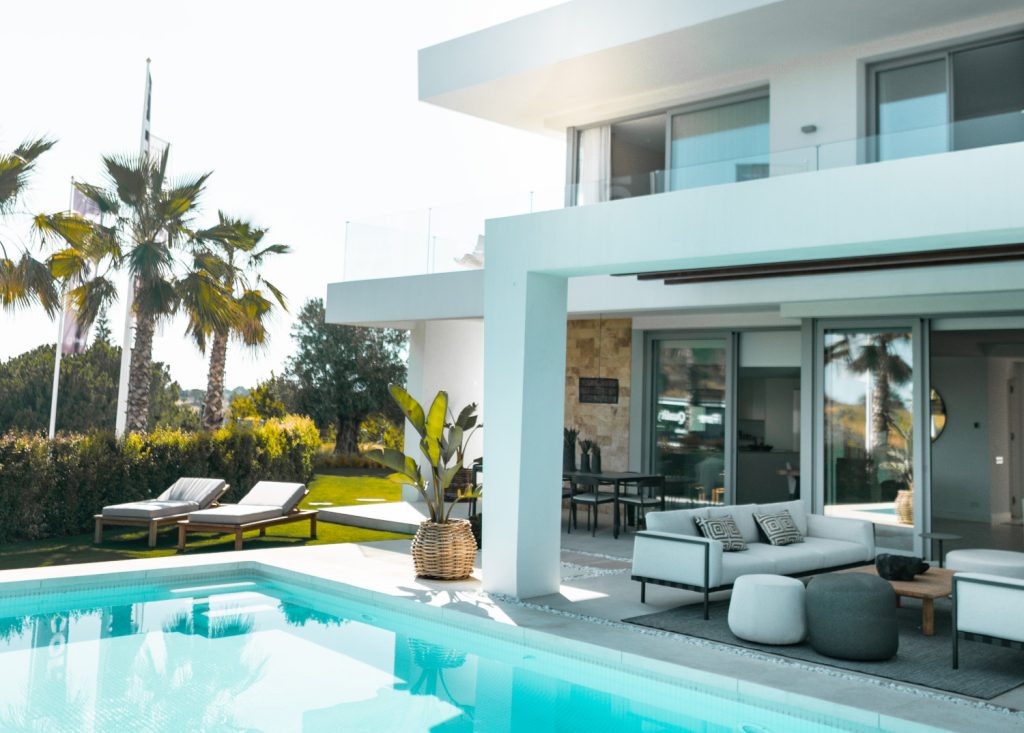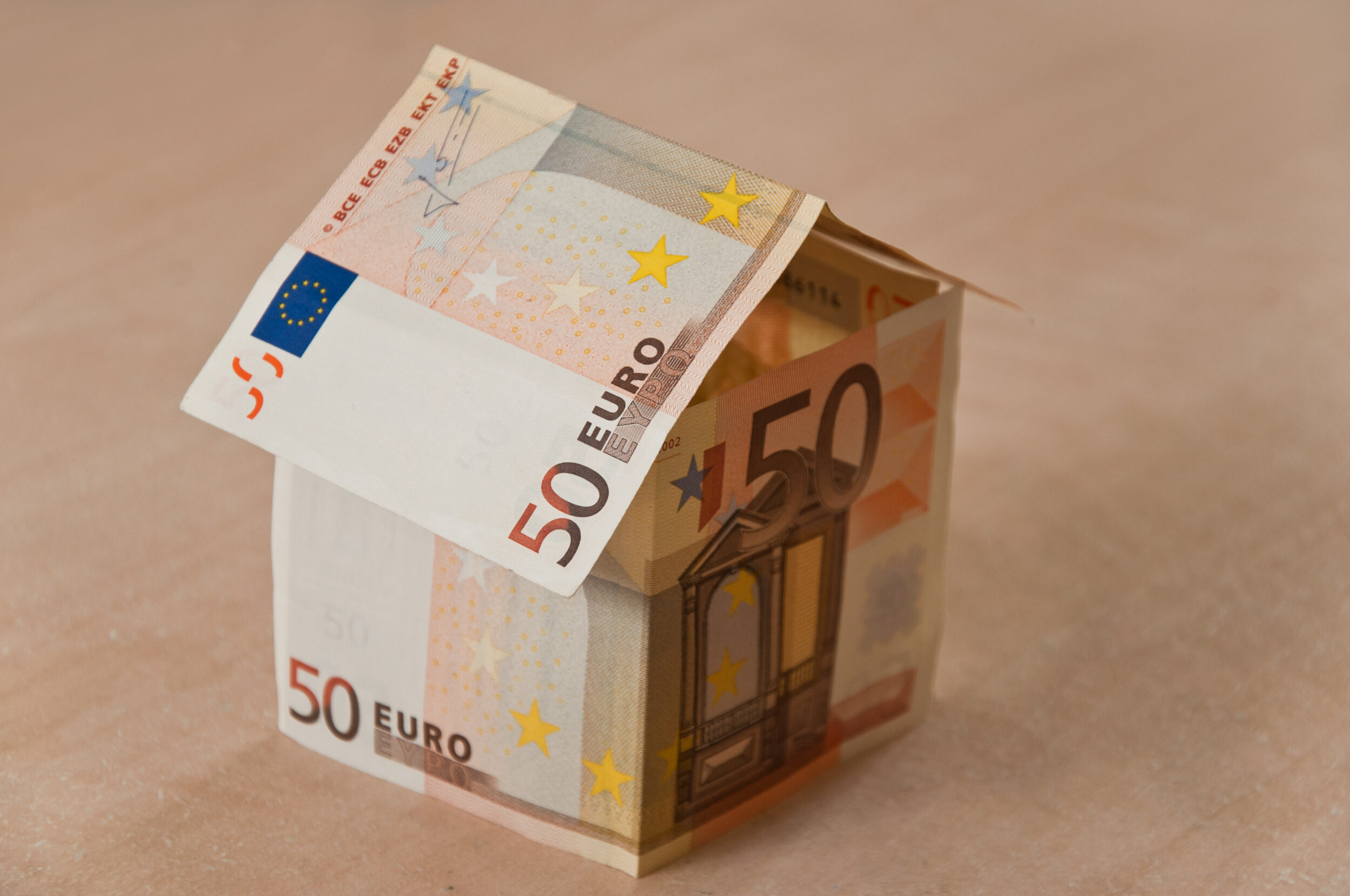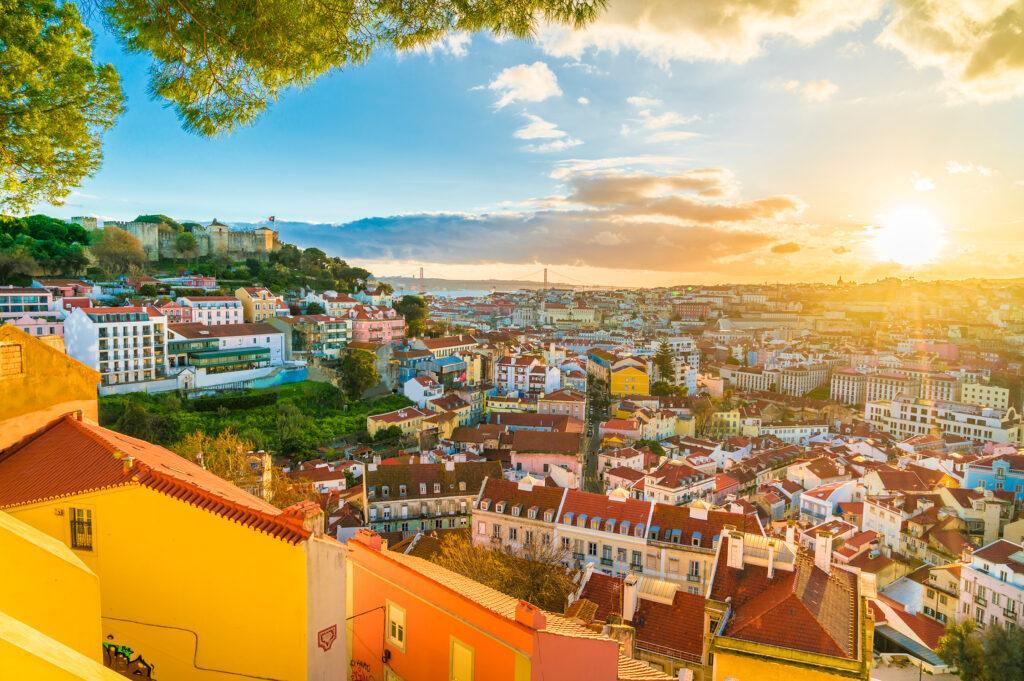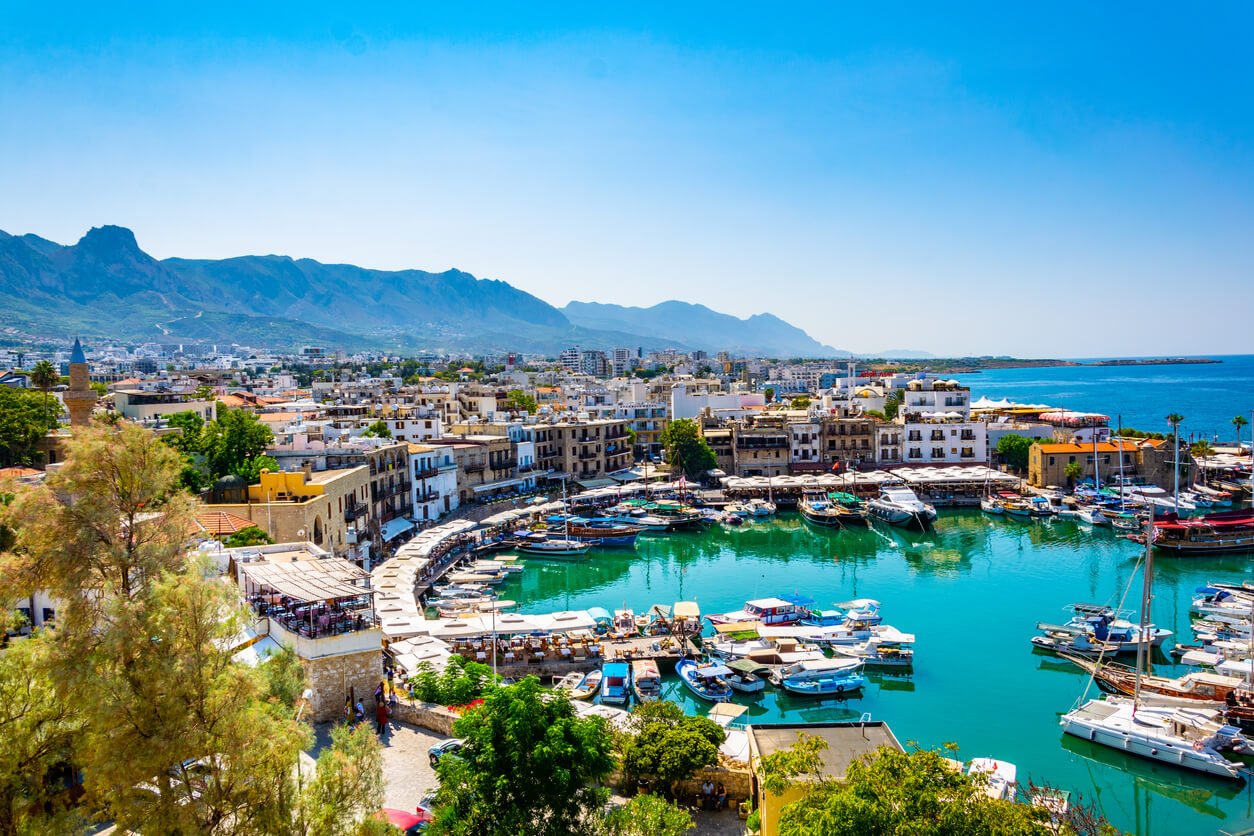
To successfully realise a property project in Portugal under the best conditions, it is essential to learn about the applicable taxes. Whether before or after acquiring your dream home in Portugal, you will need to pay taxes and duties. These are part of the costs to consider when assessing the feasibility of your project.
The amount varies depending on your status (resident or non-resident) and the location of the property.
Unveiling property taxes in Portugal
When purchasing property
When acquiring your dream home in Portugal, various taxes and duties must be paid:
- The municipal property transfer tax (IMT): This is the most significant cost to anticipate. Its calculation depends on the price or the patrimonial value (VPT) of the property. You must pay this tax online before signing the sales contract. If the property is intended to be your primary residence, you may be exempt from IMT. To be eligible, the purchase price of the property must not exceed €92,407 on the mainland and €115,509 in the Azores and Madeira archipelagos.
- The stamp duty (IS) on the deed, at a fixed rate of 0.8%, based on the purchase price of the property or its patrimonial value (whichever is higher). This tax must be paid to the notary at the time of signing the deed of sale.

After purchasing property
Once you have acquired your dream property, you will need to pay the annual municipal property tax, or Imposto Municipal sobre Imóveis (IMI).
It is calculated by multiplying the patrimonial value of the property by a rate set by each municipality. The tax varies between 0.3% and 0.5% of the property’s value.
You may be exempt from this tax in two scenarios:
- The property is acquired as a primary residence, and its purchase price does not exceed €125,000. Additionally, your household’s taxable income does not exceed €153,300. If you meet these criteria, you benefit from a three-year exemption.
- Your household’s taxable income is less than €15,295. If this is the case, you are exempt for life.
To take advantage of a partial or total exemption, the application must be made before purchasing the property with the Finanças (Portuguese tax administration). You can do this online or by visiting a Finanças office.

Don't get caught: What taxes do you have to pay in Portugal?
You are a resident in Portugal
You are subject to income tax (IRS) if you receive income from Portuguese sources. The tax scale is progressive. A rate is applied to each bracket of your income rather than on the entirety of it.
| Income bracket | Tax rate |
|---|---|
| €0 to €7,703 | 13.25% |
| €7,703 to €11,623 | 18% |
| €11,623 to €16,472 | 23% |
| €16,472 to €21,321 | 26% |
| €21,321 to €27,146 | 32.75% |
| €27,146 to €39,791 | 37% |
| €39,791 to €51,997 | 43.50% |
| €51,997 to €81,199 | 45% |
| Over €81,199 | 48% |
In Portugal, tax is withheld at the source of your salary. You are taxed from the first euro of income earned. There is no total exemption below a certain threshold.

You are non-resident
If your tax residence is in the United-Kingdom, you are liable to the HM Revenue and Customs (HMRC) only on the income earned in Portugal.
For precise and personalised advice, consulting a tax professional who understands both UK and Portuguese tax regulations is recommended.
The particular case of rental income
If you rent out your property located in Portugal, the rental income generated is taxed at a rate of 28%. Depending on the duration of the lease, the rate can be reduced. For a lease contract of more than 20 years, the income is taxed at 10%.
According to the tax treaty between the United-Kingdom and Portugal, rental income from property in Portugal is taxable in Portugal.
What about capital gains tax?
When reselling a property in Portugal, the generated capital gain is subject to income tax. A 50% reduction applies for residents, meaning only half of the capital gain is taxed. However, non-residents do not benefit from any reduction. Like their other income, the capital gain is taxed at a special rate of 28%.
There are solutions to reduce or avoid paying capital gains tax. For example, you are exempt from this tax if you sell your primary residence and acquire another one in Portugal. The acquisition must be made either 2 years before the sale or 3 years after. You can also reinvest the capital gain in an eligible investment vehicle:
- An insurance contract;
- A pension fund.
You will then benefit from a tax reduction on the capital gain. Note that the investment must be made within six months from the sale.
How iad Overseas consultants can help you
Do you want to acquire your future dream home in Portugal? Whatever your preferred region, our iad Overseas property consultants will assist you with all the procedures. With their knowledge of the local property market, they will show you exceptional properties at the best price. To ensure the success of your project, they will guide you on administrative and legal aspects. Ready to start your new life in the sun of Portugal?

- https://www.lisbob.net/fr/blog/fiscalite-taxe-impot-immobilier-achat-maison-portugal
- https://taxsummaries.pwc.com/portugal/individual/taxes-on-personal-income
- https://www.blevinsfranks.com/tax-in-portugal-2024/
- https://htj.tax/2023/02/tax-on-rentals-in-portugal/
- https://www.gov.uk/government/publications/double-taxation-treaty-relief-form-dt-individual
- https://portugalbuyersagent.com/capital-gains-tax-portugal/
- https://www.theportugalnews.com/fr/nouvelles/2021-10-08/comment-attenuer-limpot-sur-les-plus-values-lors-de-la-vente-dun-bien-immobilier/62837





